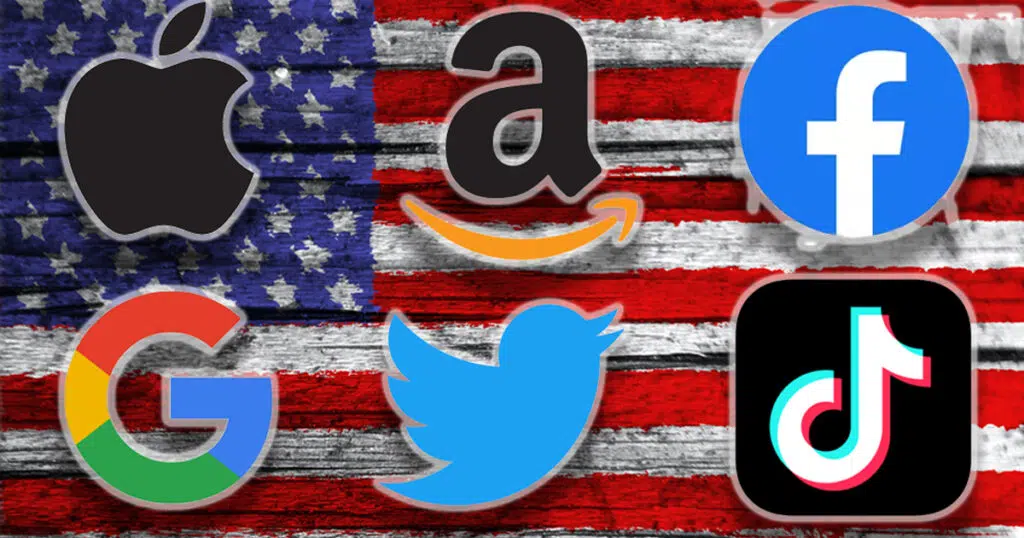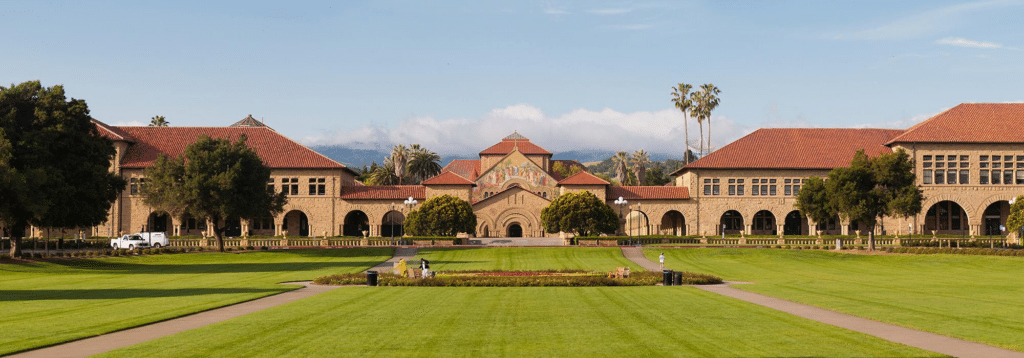
BREAKING: Supreme Court Strikes Down Injunction Preventing Government From Pressuring Big Tech to Suppress Free Speech
The Supreme Court struck down a lower court’s injunction preventing the federal government from pressuring Big Tech companies to suppress free speech in a pivotal ruling Wednesday.
The court did not rule on the question of whether the government may pressure social media companies to suppress speech in a way that would be illegal for the government to do itself. Instead, the court ruled that the plaintiffs failed to establish Article III standing to bring the case.
“We begin—and end—with standing,” Justice Amy Coney Barrett wrote in the majority opinion for Murthy v. Missouri. “At this stage, neither the individual nor the state plaintiffs have established standing to seek an injunction against any defendant. We therefore lack jurisdiction to reach the merits of the dispute.”
Barrett delivered the majority opinion, in which Chief Justice John Roberts joined, along with Justices Sonia Sotomayor, Elena Kagan, Brett Kavanaugh, and Ketanji Brown Jackson. Justice Samuel Alito wrote a dissenting opinion, in which Justices Clarence Thomas and Neil Gorsuch joined.
Among other things, Barrett ruled that “The plaintiffs fail, by and large, to link their past social-media restrictions and the defendants’ communications with the platforms.”
Alito wrote that if the lower court’s evidence is correct, “this is one of the most important free speech cases to reach this court in years.” He zeroed in on the case of Jill Hines, who he said was “indisputably injured” by the government’s COVID-19 censorship campaign.
“This evidence was more than sufficient to establish Hines’s standing to sue… and consequently, we are obligated to tackle the free speech issue that the case presents,” Alito added. “The court, however, shirks that duty and thus permits the successful campaign of coercion in this case to stand as an attractive model for future officials who want to control what the people say, hear, and think.”
Missouri, Louisiana, and other plaintiffs in the case alleged that the Biden administration “suppressed conservative-leaning free speech” on the Hunter Biden laptop story ahead of the 2020 presidential election; on COVID-19 issues, including the disease’s origin, masks, lockdowns, and vaccines; on election integrity in the 2020 presidential election; on the security of voting by mail; on the economy; and on Joe Biden himself.
State Attorneys General Andrew Bailey and Liz Murrill represented Missouri and Louisiana, respectively. Other plaintiffs include doctors who spoke out against the COVID-19 mandates, such as Martin Kulldorff, Jayanta Bhattacharya, and Aaron Kheriaty; Gateway Pundit founder Jim Hoft; and Jill Hines, an anti-lockdown advocate and co-director of Health Freedom Louisiana.
Last July 4, Judge Terry Doughty of the U.S. District Court for the Western District of Louisiana issued an injunction barring the Biden administration from pressuring Big Tech to censor Americans. Doughty compared the administration’s actions to “an Orwellian ‘Ministry of Truth.’”
Doughty’s injunction named various federal agencies—including the Department of Health and Human Services, the National Institute of Allergy and Infectious Diseases (the agency Dr. Anthony Fauci directed for 38 years), the Centers for Disease Control and Prevention, the FBI, the Justice Department, and the State Department. The injunction also named officials, including HHS Secretary Xavier Becerra, Surgeon General Vivek Murthy, and White House press secretary Karine Jean-Pierre.
The U.S. Court of Appeals for the 5th Circuit narrowed the extent of Doughty’s injunction, and the Supreme Court stayed the 5th Circuit’s order while taking up the case. Since the case focuses on whether the injunction was valid and Murthy appealed, the Supreme Court styles it as “Murthy v. Missouri,” even though Missouri filed the initial lawsuit.
“The Twitter Files” revealed how the process worked: Federal agencies under Biden would have frequent meetings with Big Tech companies, warning about “misinformation” and repeatedly pressuring them to remove or suppress content. Federal agents and politicians occasionally threatened that if the companies didn’t act, the government would reform Section 230 of the Communications Decency Act, removing legal protections the companies enjoyed.
In oral argument, Supreme Court justices pressed Louisiana Solicitor General J. Benjamin Aguinaga to create a specific test to determine whether the government had a compelling interest to urge third parties to suppress certain speech.
Justice Ketanji Brown Jackson expressed concern that Aguinaga’s view “has the First Amendment hamstringing the government in significant ways in the most important time periods.”
The Supreme Court also suggested it may decide that the plaintiffs don’t have standing to bring the case. Justices Sonia Sotomayor and Amy Coney Barrett brought up this issue during oral argument.



